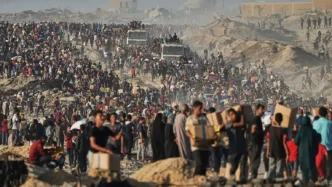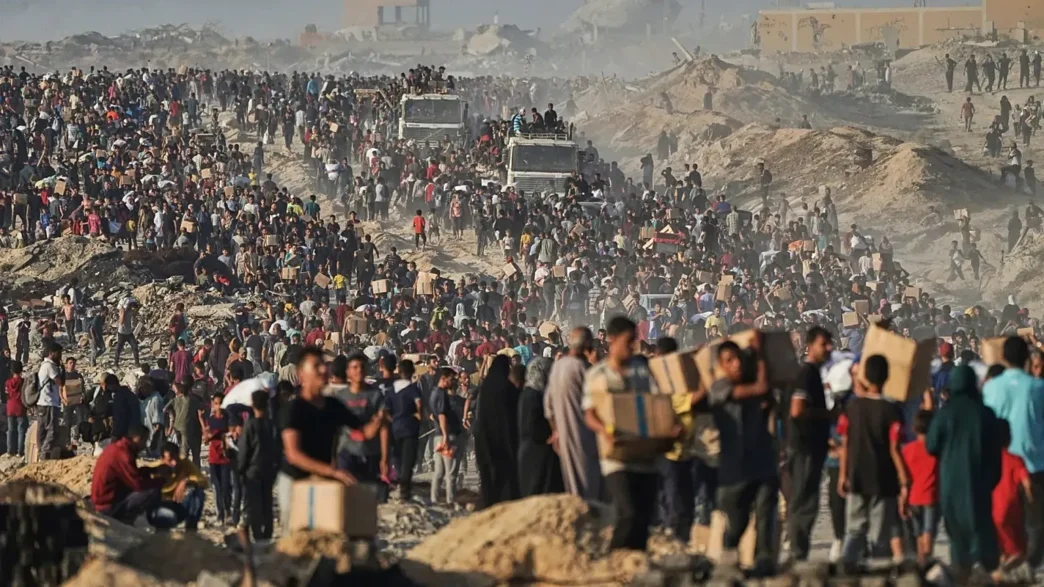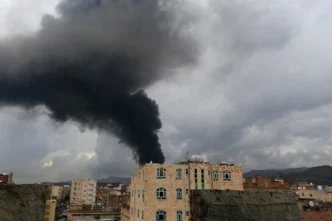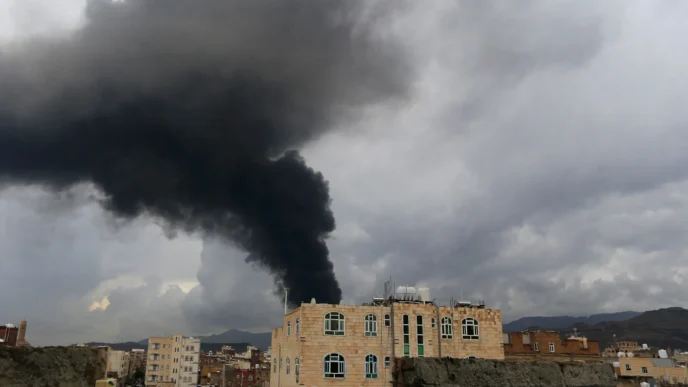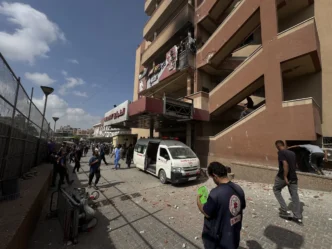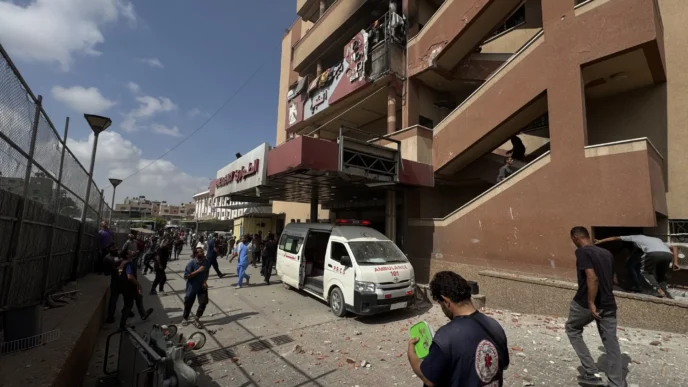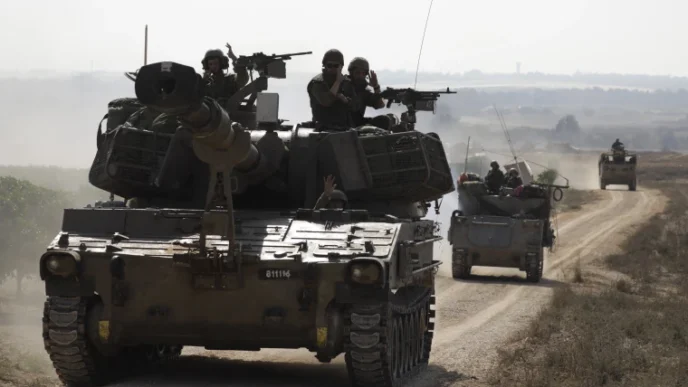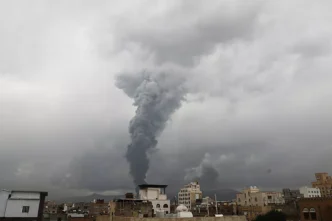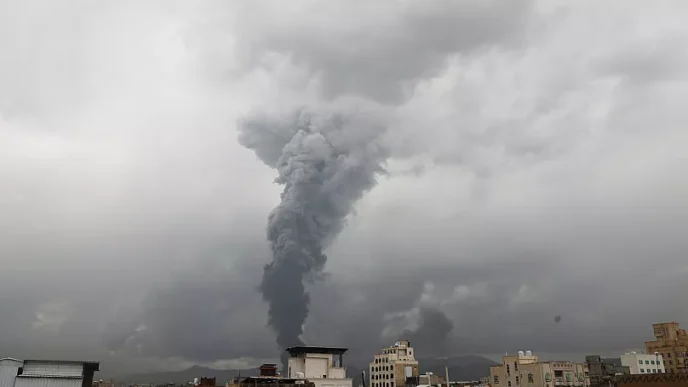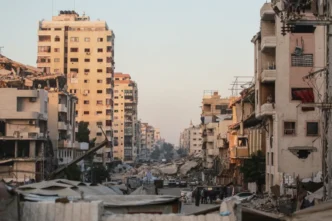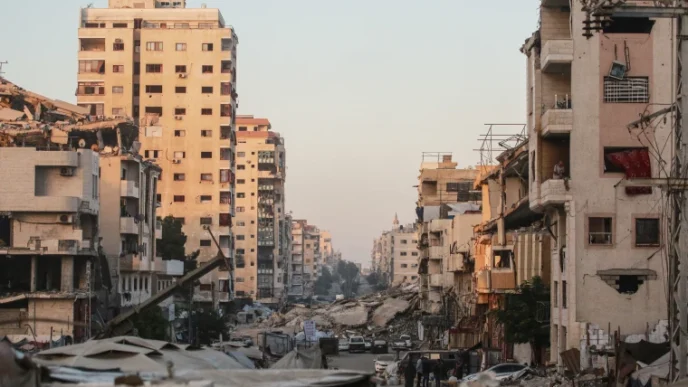For the first time, a UN-backed organization has officially confirmed famine conditions in parts of Gaza, raising alarm over the escalating humanitarian crisis in the region. The announcement underscores the severe shortages of food, water, and essential supplies resulting from ongoing conflict, blockades, and infrastructure collapse. Humanitarian organizations are calling for urgent international intervention to prevent further loss of life.
The Severity of the Crisis
The United Nations and affiliated agencies have long warned of worsening food insecurity in Gaza, but this confirmation marks a grim milestone. According to reports, hundreds of thousands of people are experiencing acute malnutrition, limited access to clean water, and severe deprivation of basic necessities. The famine declaration applies to specific areas hardest hit by the blockade and recurrent military conflicts, where supply chains have been disrupted for months.
A spokesperson for the World Food Programme (WFP), which assisted in the assessment, stated: “The situation is dire. People are facing extreme food scarcity, and urgent action is needed to prevent further deterioration. This is not a warning—it is a reality on the ground.”
Causes of Famine in Gaza
Multiple factors have contributed to the emergence of famine in Gaza:
- Blockade and Restricted Movement: The long-standing blockade has limited imports of food, fuel, and medical supplies, reducing the availability of essential goods.
- Conflict and Infrastructure Damage: Recurrent hostilities have destroyed homes, markets, and farmlands, disrupting local food production and distribution.
- Economic Collapse: High unemployment and limited economic opportunities have left families unable to afford basic necessities even when they are available.
- Water and Sanitation Crisis: Damage to water infrastructure and limited access to clean water exacerbate malnutrition and increase vulnerability to disease.
These factors have combined to create a situation where conventional humanitarian assistance struggles to reach the populations most in need.
Human Impact
The famine declaration highlights the human toll of the crisis. Families are forced to ration meals, skip meals, or rely on insufficient emergency aid. Children, pregnant women, and the elderly are particularly at risk of malnutrition and related health complications. Hospitals and clinics are overwhelmed, with shortages of medicines and medical supplies further complicating the response.
Aid workers describe harrowing scenes of families walking long distances to obtain food, and children showing signs of severe malnutrition. Mental health impacts are also profound, with stress, trauma, and uncertainty affecting large segments of the population.
Humanitarian Response
International organizations, including the UN, Red Cross, and various NGOs, are mobilizing emergency food distributions, medical aid, and water supply interventions. However, access remains limited due to security concerns and restrictions on movement within Gaza.
The UN and partner organizations are calling on all parties to facilitate safe and unrestricted humanitarian access, allow the import of essential goods, and support longer-term recovery efforts. “Famine is preventable with coordinated action,” said a UN official. “Immediate intervention is critical to save lives and alleviate suffering.”
Global Implications
The confirmation of famine in Gaza draws renewed international attention to the region’s ongoing humanitarian crisis. The declaration may increase pressure on global actors, including governments and aid agencies, to step up assistance and diplomatic efforts to mitigate the situation.
Moreover, it serves as a sobering reminder of the consequences of prolonged conflict, economic isolation, and infrastructure collapse on civilian populations. Analysts warn that without decisive action, famine conditions could spread further, deepening the crisis and destabilizing the region.
Conclusion
The UN-backed confirmation of famine in parts of Gaza marks a critical turning point in understanding the scale of the humanitarian emergency. Immediate and sustained action is required to deliver food, water, and medical aid to the affected populations. Beyond emergency relief, long-term solutions addressing the underlying causes—conflict resolution, economic recovery, and infrastructure rehabilitation—are essential to prevent a recurrence of such catastrophic conditions.


